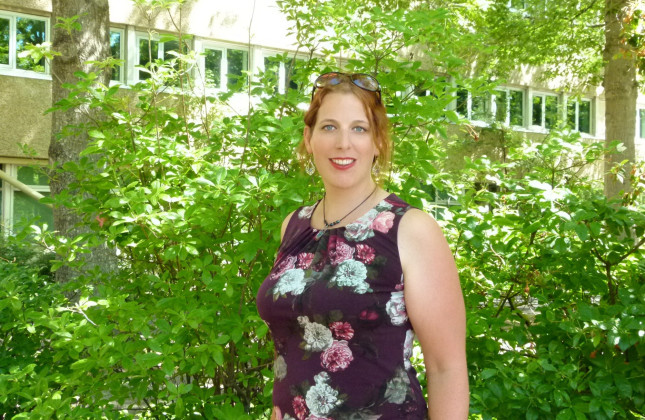The New Horizons in Physics Prize is part of the annual Breakthrough Prize established in 2012. Founded by sponsors Sergey Brin, Priscilla Chan & Mark Zuckerberg, Julia & Yuri Milner, and Anne Wojcicki, the Breakthrough Prize is the world's largest international science prize awarded annually.
Each of the 5 mainstage prizes (3 in life sciences, 1 in fundamental physics, and 1 in mathematics) is for $3 million; and early-career awards (New Horizons Prizes in physics and mathematics) are for $100,000. This year, a total of $15.75 million is being awarded, bringing the total amount conferred over 12 years to $308 million.
As a PhD student, Van der Marel published the paper in Science in 2013 on the image of an area around a young star in which dust particles can grow, made by the ALMA observatory. It was the first time such a dust trap was clearly identified. With this and her subsequent research, Van der Marel made a major contribution to advances in (exo)planetary research.
Since the first discovery, van der Marel has discovered and characterised numerous other dust traps. Among other things, she has worked with molecular line data from ALMA to map the gas structure in disks, with Very Large Array data to better understand the composition of the dust, and she has worked on surveys of dozens of disks for statistical analysis. Over the past two years, she has become particularly interested in the chemical composition of ice and gas at dust traps, such as the discovery of the largest molecule in a disk discovered in the same 2013 dust trap.
Van der Marel:‘It is an incredible honour to receive this award, and especially at my age. The fact that I have already been able to do such groundbreaking research during my PhD research (2011-2015) is an amazing feeling. In fact, it was by chance that we made the discovery at the time, it was not what we expected when we ap[liedpplied for observing time with ALMA. Unexpected discoveries and new insights are what makes research so interesting to me. And it is special anyway that this physics prize is given to astronomers this year.’
After her PhD in Leiden, Van der Marel held postdoctoral positions in Hawaii and Canada. Since two years, she has been back in the Netherlands as an Assistant Professor in Leiden. Van der Marel shares the New Horizons in Physics Prize 2024 with three other young, promising scientists: Paola Pinilla (professor at UCL London, and postdoc in Leiden from 2013-2016), Til Birnstiel (professor at LMU Munich), and Laura Perez (professor at the University of Chile in Santiago).
Breakthrough Prize
